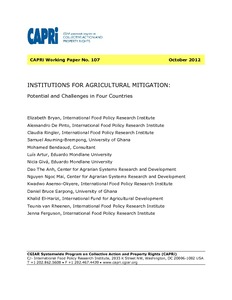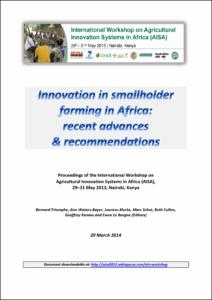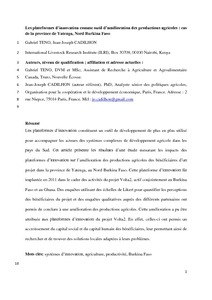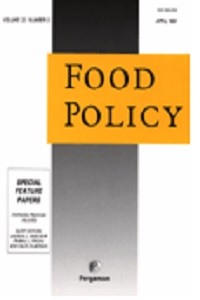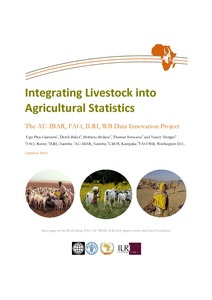Improving diets with wild and cultivated biodiversity from across the landscape
This paper examines the literature on how biodiversity contributes to improved and diversified diets in developing countries. We assess the current state of evidence on how wild and cultivated biodiversity in all forms is related to healthy diets and nutrition, and examine how economic factors, knowledge and social norms interact with availability of biodiversity to influence both production and consumption choices.


